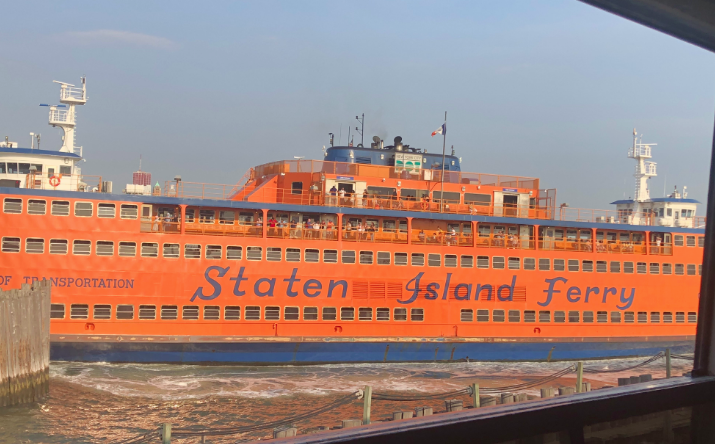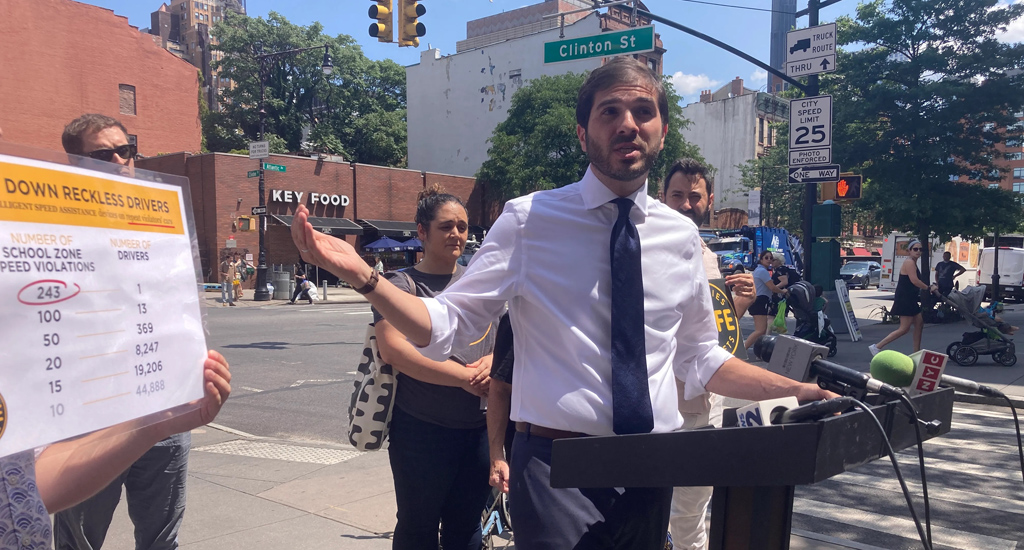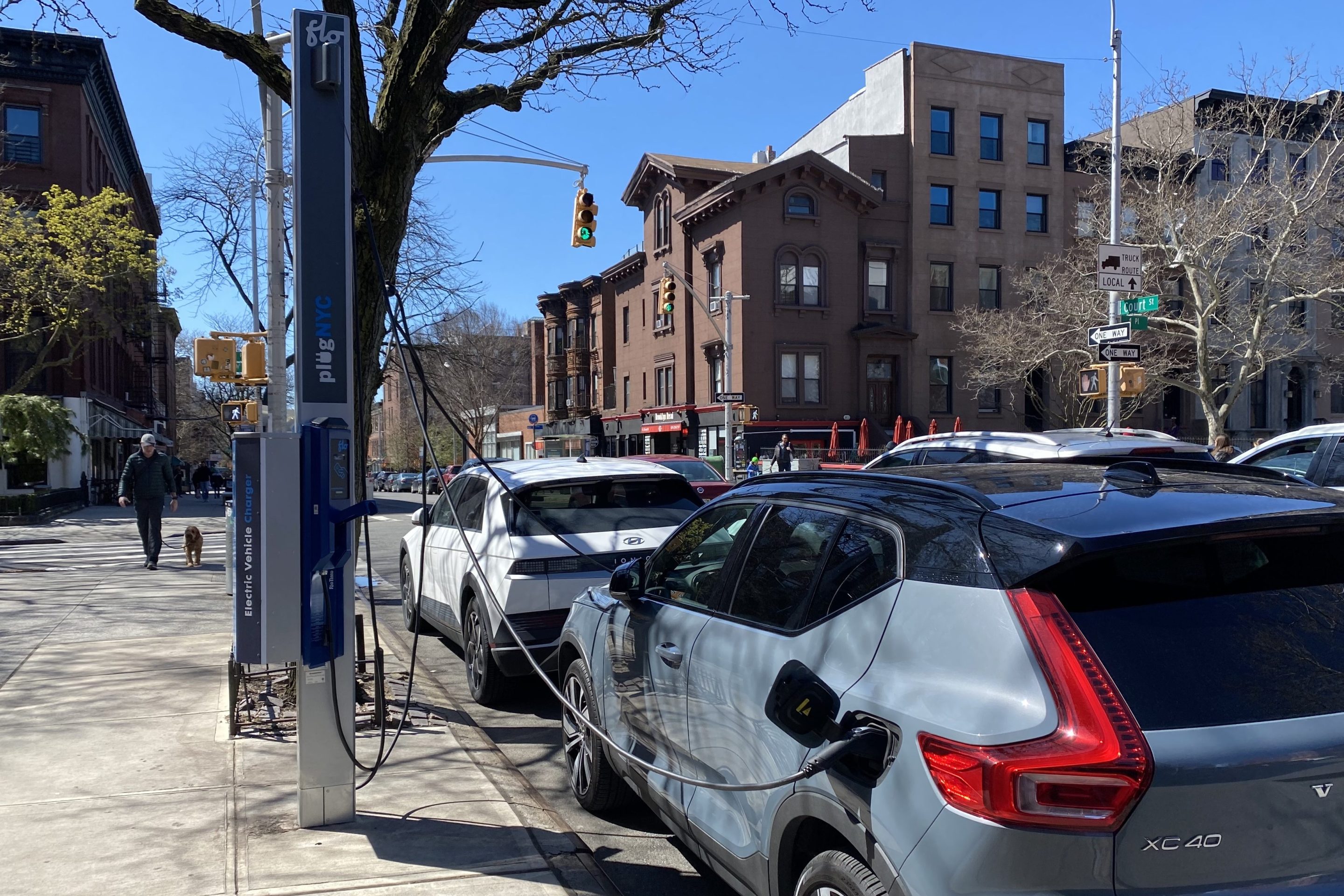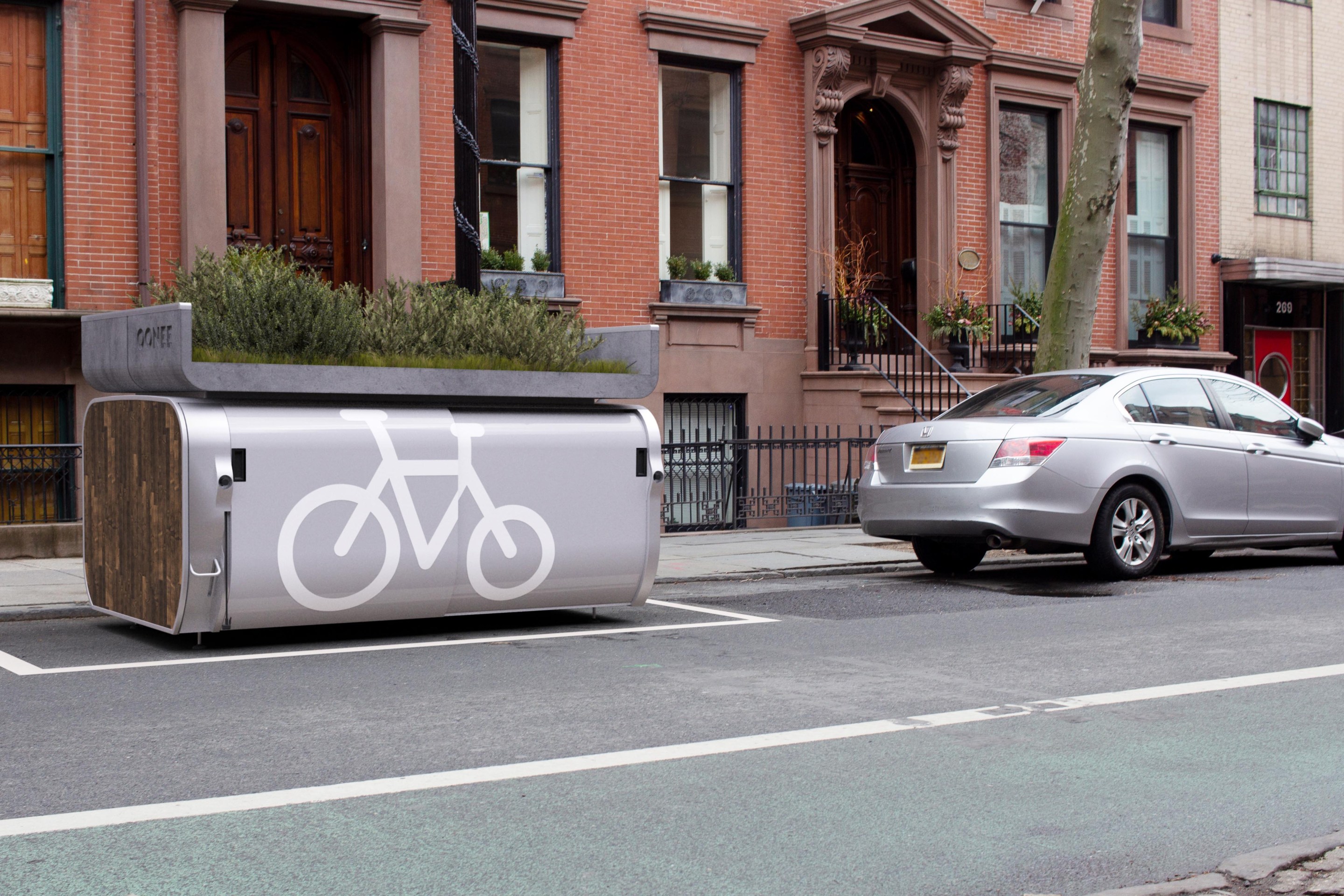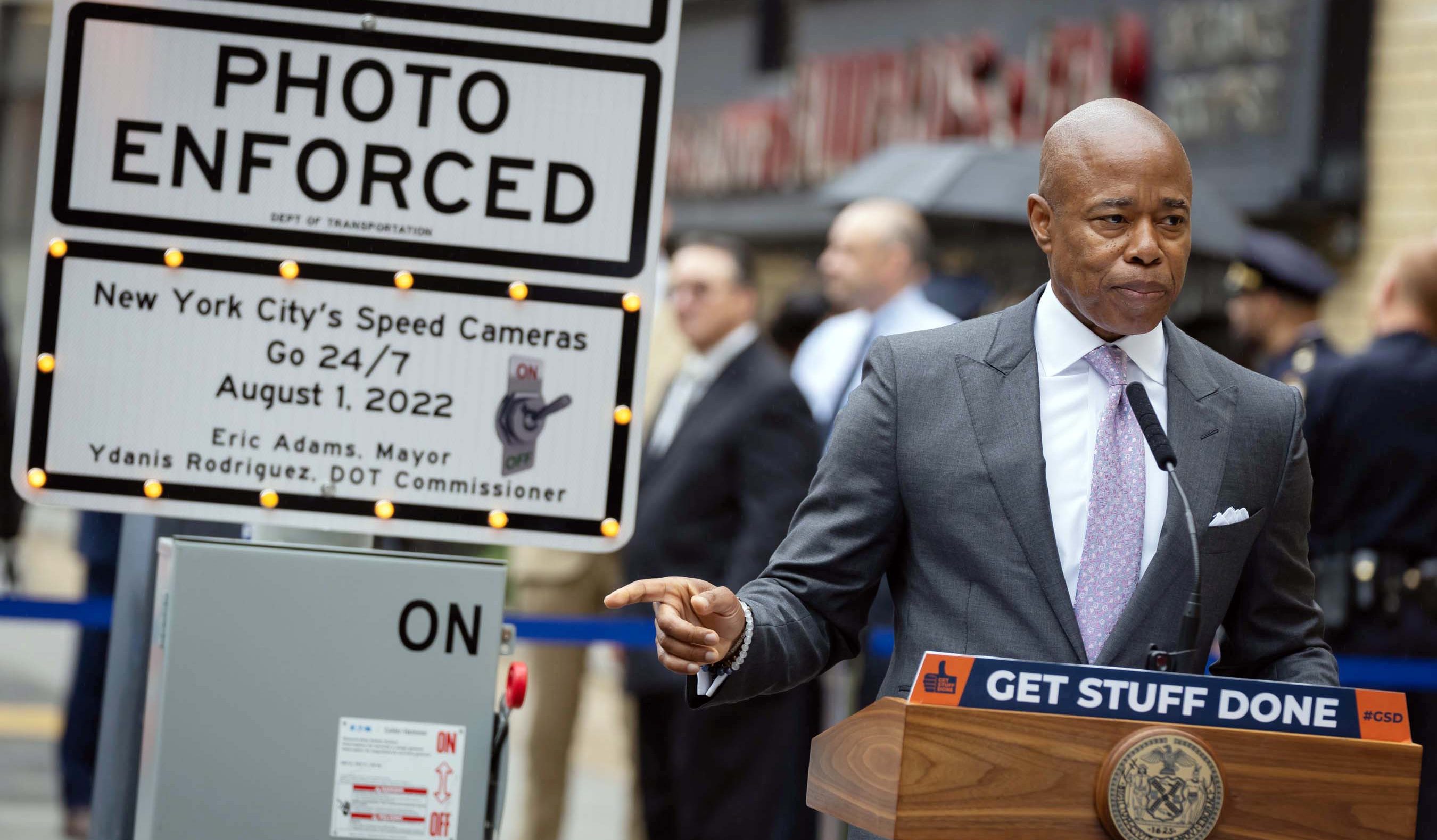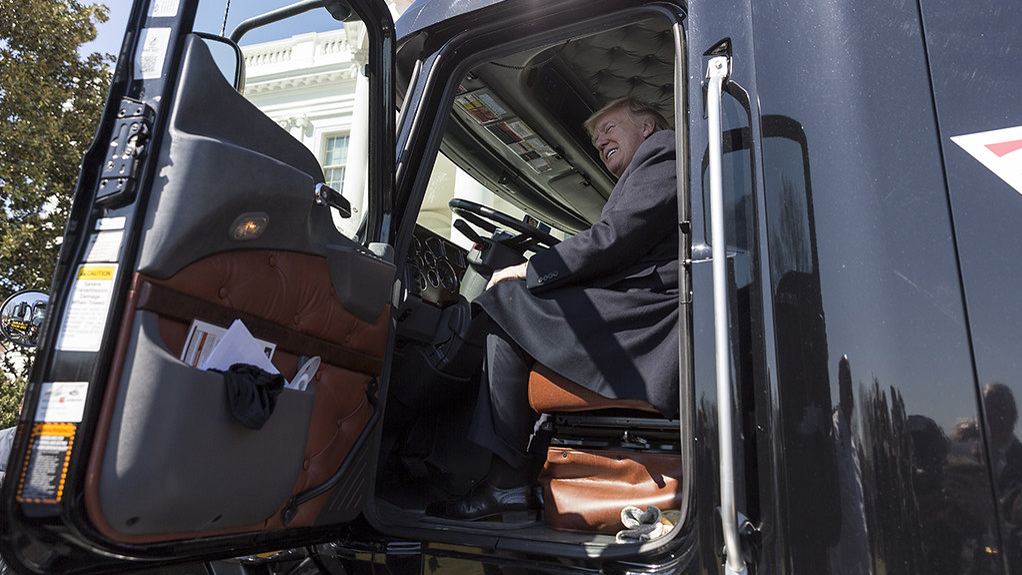Here’s a story that might get residents of The Rock to throw a few.
The city Department of Transportation failed to execute a much ballihooed project to modernize a Staten Island Ferry boat with a fuel-efficient, liquified-natural-gas engine — and passed up millions in federal money for ferry modernization — because the agency failed to seek a waiver for federal “Buy America” requirements.
Who's to blame? That depends on if you ask DOT or the Federal Transportation Administration.
The saga begins in 2013, when the Bloomberg administration announced that one boat would be converted to liquified natural gas when it went into dry dock in 2014, according to the Staten Island Advance. The pilot project was supposed to halve the boat's $6-million annual fuel costs and cut harmful carbon-dioxide emissions by a quarter — helping the city meet its climate goals while boosting America’s energy independence.
At the time, the adoption of stricter emissions standards by the International Maritime Organization, as well as the huge growth of the American shale-gas industry, made LNG the fuel of the hour. Other American ferries, such the one in Seattle's Puget Sound, were switching to LNG, too. Moving New York's ferries to cleaner fuels has remained a preoccupation of city government, with the City Council passing legislation to study the matter as recently as 2018.
"Converting the Staten Island Ferry to liquefied natural gas is a win-win-win: It will reduce our dependence on foreign oil, lower operating costs and help the environment," Sen. Charles Schumer said at the time.
Ferries were front and center in those days. Mayor Bloomberg’s plan to make the city more resilient to climate change after Superstorm Sandy trumpeted a host of ferry-related initiatives.
Yet the liquified natural gas project, which looked like a done deal, never materialized — but not because of lack of money.
In 2014, the FTA granted the DOT a tidy $2.34 million for “conversion to LNG.” But the DOT wasn't able to use the money — so it’s gone.
“There were no American-made LNG or Dual Fuel engines on the market at the time this grant was awarded,” a DOT spokesman said. “The [money] returned to the federal treasury, as this money has lapsed and we can't use it.”
But there was a way around forfeiting the cash. The FTA's website says the agency may waive its “Buy America” provisions if American goods “are not produced in a sufficient and reasonably available amount or are not of a satisfactory quality.” It urges grantees “to apply for a waiver as soon as possible and to provide detailed requests to expedite FTA’s review.”
The agency says it did — and threw the feds under the bus.
"We want to make it very clear DOT made every possible effort to obtain and put to use federal funds [including] requesting from FTA a 'Buy America' waiver," a city DOT spokesman said in an email. "We never got a response from FTA and on the FHWA end, FHWA determined that their Buy America waiver provision applying to diesel engines did not apply in this case because gas engines were involved."
Not so, say the feds. The FTA "received a 'Buy America' non-availability waiver request that did not include all relevant information regarding the engine procurement," a spokeswoman said. It "requested additional information from NYCDOT necessary to determine whether a waiver was justified, but NYCDOT never provided the requested information."
So the federal agency "was unable to make a decision on the waiver request." (We asked DOT to respond to that, but the agency declined.)
Whoever is to blame, the city never got the cleaner, fuel-efficient, money-saving LNG ferries that the DOT said were so important.
But, moreover, because of the intense competition for federal transportation money, letting a grant lapse “hurts" the credibility of transit agencies, said Larry Penner, a former director of the FTA's regional Office of Operations and Program Management.
“Our congressional delegation also loses credibility when lobbying for more transit dollars," he added.
The ferry, meanwhile, chugs along. Like other transit, it has taken a hit in ridership because of the COVID crisis; Mayor de Blasio cut its operating budget by $5.5 million and reduced overnight service. But before that, it was having a banner year: Its nine-boat fleet (some dating from the 1980s), which is fitted with either diesel or diesel-electric power plants, carried more than 25 million passengers in fiscal year 2019.
Staten Island Borough President James Oddo said he had not heard of the failure of the DOT to obtain the waiver — and vowed to press the DOT for a full explanation.
"Why would anyone give money back these days to Mitch McConnell?" Oddo asked. "I was being sarcastic…”
The DOT insists that it has a strong record of obtaining competitive federal transportation funds, amounting to $1.5 billion since 2014 and including more than $143 million for the S.I. Ferry. In fact, the department says, three new vessels are being planned and produced using federal funds. The new boats are fitted with diesel engines that achieve tougher emission standards.
